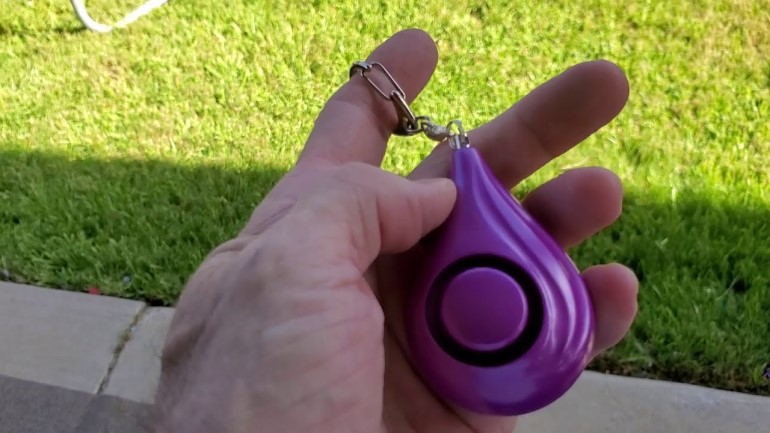Why A Personal Medical Alarm Is An Essential Piece Of Safety Equipment
A personal medical alarm is an essential piece of safety equipment for seniors. It is a small, wearable device that can be worn around the neck or wrist. The alarm is connected to a base unit, which is typically placed near the bedside. If the wearer falls or feels ill, they can press a button on the alarm to summon help. Personal medical alarms are an important safety tool because they provide a way to summon help in an emergency. They can be used if the senior falls and cannot get up or feel ill and need assistance.
Alarms of this type are also beneficial because they allow seniors to remain independent. They can continue to live in their own homes without relying on family members or friends to check on them frequently. There are a number of different personal medical alarm systems available on the market. Some are very basic, while others offer more features and options. Basic alarm systems typically include a base unit that is placed near the bedside, and a wearable alarm that can be worn around the neck or wrist. The alarm is connected to the base unit with a cord.

When the wearer presses the button on the alarm, it emits a loud noise that will summon help. The base unit usually has a range of about 300 feet, so it can be used anywhere in the senior's home. More advanced alarm systems may include additional features, such as two-way voice communication and GPS tracking. Two-way voice communication allows the senior to speak to the person who is coming to help them. This is useful if the senior is unable to yell for help, or if they are disoriented and cannot give directions. To gather supplementary details on medical alarm please check out Personal Medical Alarm.
GPS tracking can locate seniors if they wander away from home. This is a valuable feature for seniors with dementia or Alzheimer's disease. Mobile medical alarms can also be worn around the neck or clipped to a belt. These alarms are ideal for seniors who are active and often out of the house. Most personal medical alarm systems require a monthly subscription fee. The fee typically covers the cost of the equipment and 24/7 monitoring by a call center.

When choosing a personal medical alarm system, it is important to consider the needs of the senior. Basic systems may be sufficient for some seniors, while others may need the additional features offered by more advanced systems. It is also important to consider the price of the system and the monthly subscription fee. Some companies offer discounts for seniors who qualify for Medicaid or Medicare.
Personal medical alarm systems can provide seniors and their families peace of mind. They offer a way to summon help in an emergency, and allow seniors to remain independent. When choosing a system, it is important to consider the needs of the senior and compare the costs of different systems. With so many options available, there is sure to be a system that meets the needs of any senior.
Comments
Post a Comment